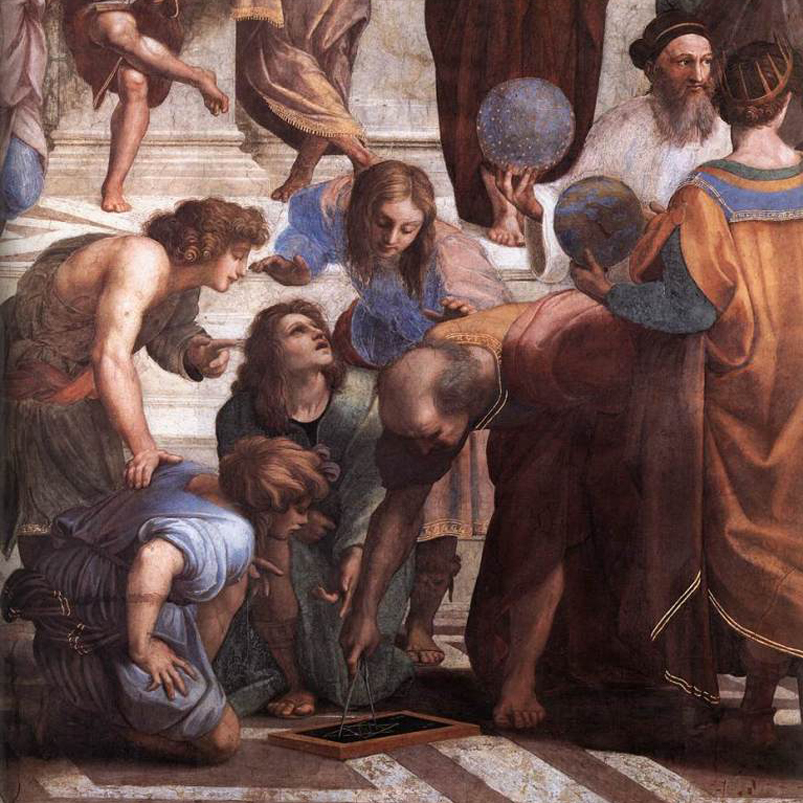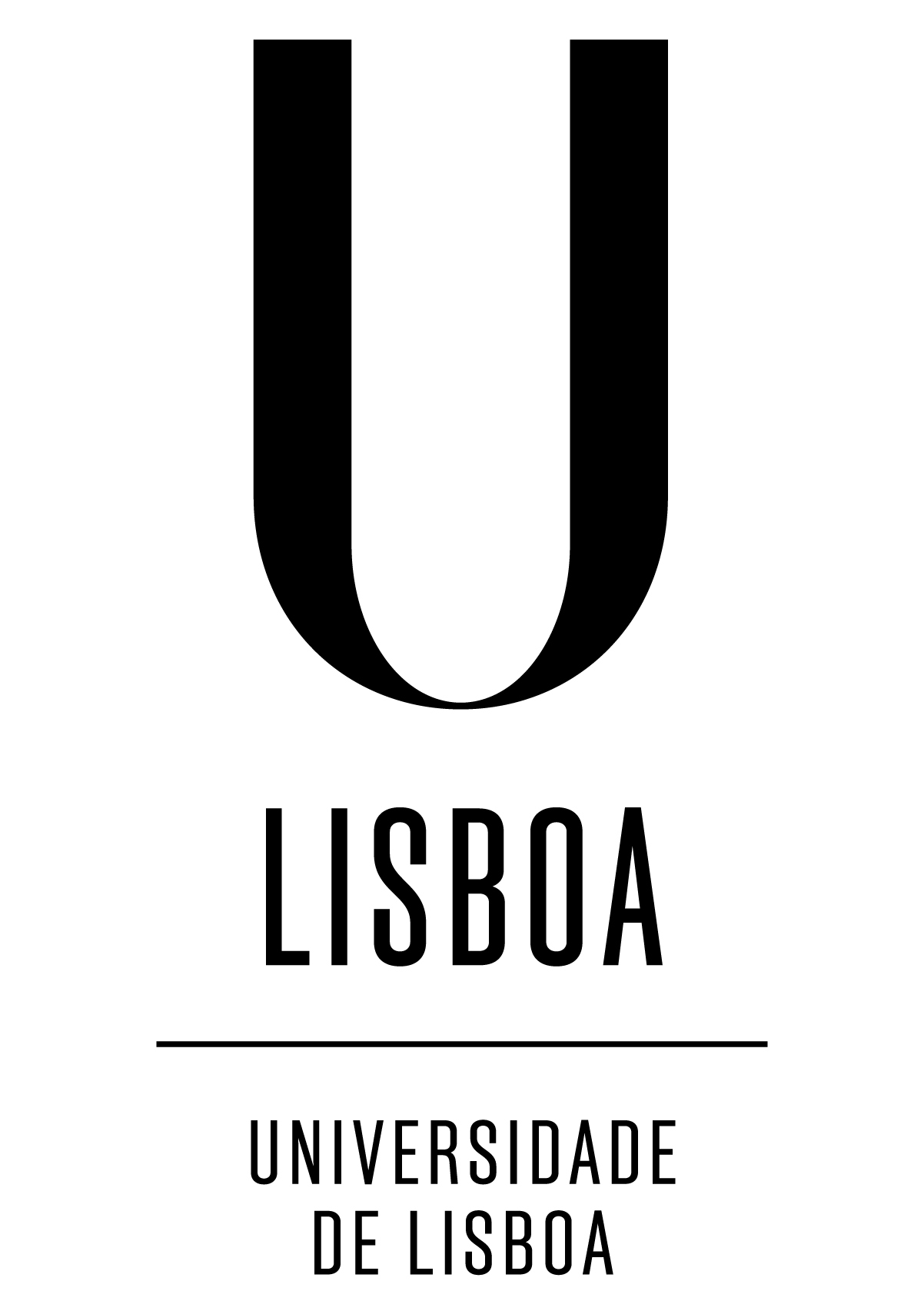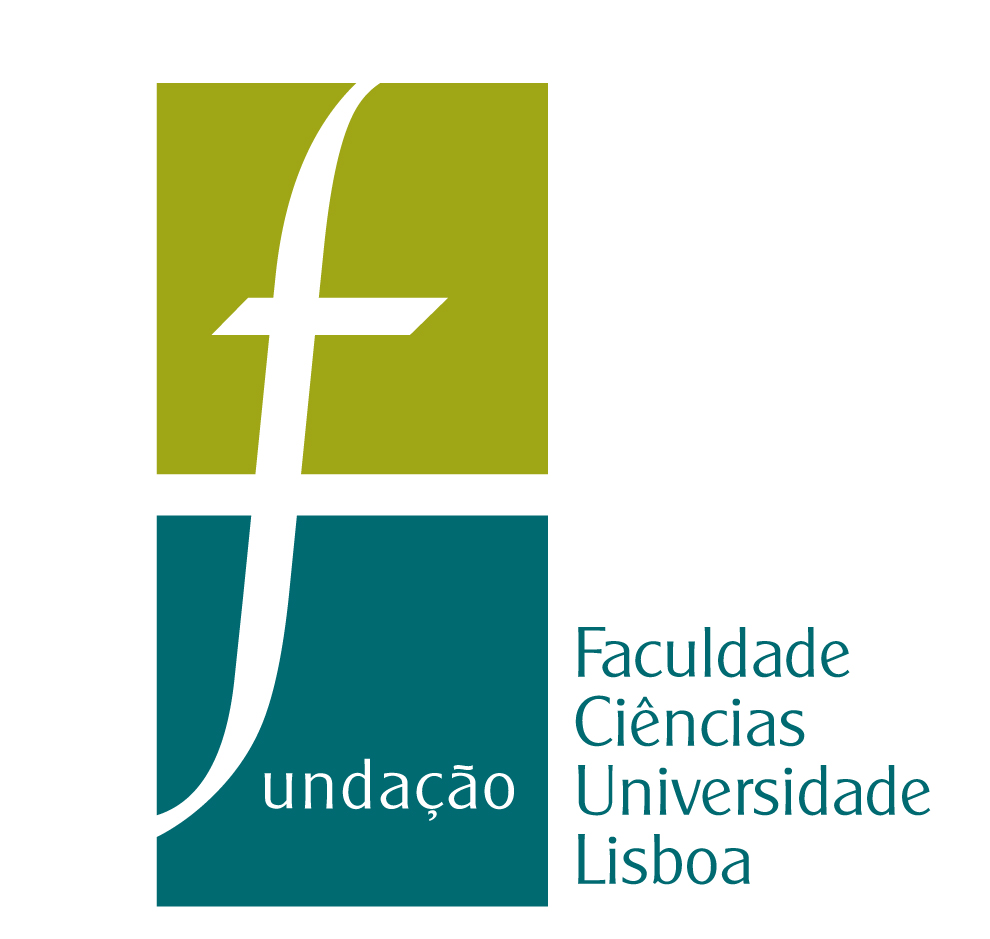Rethinking Biology and Evolution
New approaches for the new century
Sobre || About
Biology has evolved dramatically in recent years in terms of techniques and technologies, generating a flood of highly detailed empirical data. However, the integration of these results into the theoretical building of Biology has lagged behind, in many cases failing the recognition and the understanding of its implications. Since Darwin, natural selection is seen as the primary cause of evolution. During the 20th century, Darwinists have formalized natural selection in a theoretical structure – called Modern Synthesis – that included Mendelian genetics and statistics, and defined it as differential survival and reproduction. At a time prior to the molecular and omics sciences, these were the universal causes of evolution by definition. However, new conceptual approaches have arisen to fill the gaps in our understanding of some of the major driving forces capable to produce emergent novelties that cause evolution. Bringing bacteria and virus into evolutionary framework, as well as importing concepts from developmental biology, ecology, epigenetics, hybridogenesis, and symbiogenesis, has entailed new insights on evolution and emergence of new species.
The series of conferences “Rethinking Biology and Evolution: new approaches to the new century” is organized by the Centre for Philosophy of Science of the University of Lisbon. It aims to explore the epistemological implications of these new evolutionary theories to biology, especially to the concept of evolution.
Materiais || Materials
Darwins's surprise - Why are evolutionary biologists bringing back extinct deadly viruses? by Michael Specter, The New Yorker.
Viruses and the evolution of life. L. Villarreal, Washington DC: American Society of Microbiology Press, 2005.
Origin of Group Identity: Viruses, Addiction and Cooperation. L. Villarreal, New YorK: Springer, 2008.
Actividades Realizadas
- Can viruses make us humans? Conferência por Luis P. Villarreal, 27 de Março de 2012, 18h00, FCUL, Auditório 3.2.14. [Poster] [Online] Abstract: The concept that viruses provided crucial functions for the emergence of humans should seem preposterous to most. How could such simple genetic parasites promote the complex regulatory and social changes that were needed for human emergence? Yet comparative genomics clearly indicate that virus-like parasitic (non-coding) DNA (not gene encoding DNA) most distinguishes humans from other primates. In addition, recent changes in antiviral immune and other human specific systems also suggest a viral role. Complex eukaryotes, including the human CNS, require the emergence of complex network based regulation. The fundamental problem is to explain how genetic code can acquire such cooperative and distributed changes as needed in a network. It has long been accepted that Darwinian selection of natural point variation of the fittest individual type can explain network emergence. I argue against this view. In my lecture, I will outline how the study of virus has defined modern quasispecies theory which is a fundamentally cooperative, distributed and consortial process of evolution. The population based persistence of virus information in host has also defined the existence of addiction modules as a strategy that maintains new viral derived code. By applying these concepts to human emergence we can indeed better understand the nature and emergence of humans.
- Viruses and the Tree of Life: Unending source of self. Workshop por Luis P. Villarreal, 29 de Março, 14h00-18h00, Anfiteatro da FFCUL. [Poster] Workshop: How organisms determine self and non-self is a fundamental issue that is particularly relevant to communities of cellular organisms. Since viruses have long been considered non-living destructive communicable genetic parasites, they are not considered 'self' and are also not thought to be members of the tree of life. Yet viruses numerically dominate all habitats of life. Indeed, it appears that the LUCA (Last Universal Common Ancestor) existed in a virus-like state of high rates of genetic transfer. Virus derived information present in the host is the most diverse and dynamic code in all domains of life but is also host specific. These genetic footprints indicate that all life must therefore have survived the action of virus. As viruses have tremendous rates of evolution, this raises the question of how host antiviral systems stay ahead of their viruses. In my presentation, I examine the role viruses have had in the origin and evolution of antiviral systems. I especially consider the adaptive immune system of vertebrates. This is a complex system that is not present in representatives of jawless ancestral vertebrates. It is asserted that viruses themselves are most often involved in the origin of antiviral networks. The implication of this view will be presented.
- Cellular Evolution: Modern perspectives on symbiosis and the diversification of complex life. Conferência por John M. Archibald (Canadian Institute for Advanced Research, Program in Integrated Microbial Diversity, Department of Biochemistry & Molecular Biology, Dalhousie University, Canada), 24 de Abril de 2012, 18h00, FCUL, Auditório 3.2.14. [Poster] Abstract: The evolution of eukaryotic (nucleus-containing) cells such as our own from simpler life forms is a puzzle that has challenged biologists for more than a century. The prokaryote-eukaryote cellular divide is enormous and many fundamental questions about the origin of eukaryotes and their symbiotically derived mitochondria and plastids (chloroplasts) remain unanswered. Comparative genomics is a powerful tool with which to address such questions. In this lecture I will place the modern-day study of cellular evolution in a historical context, highlighting advances and lingering uncertainties in our understanding of the role of symbiosis in the evolution of eukaryotic organelles.
- Genomics meets philosophy: Symbiosis and the 'tree' of life. Workshop por John M Archibald (Canadian Institute for Advanced Research, Program in Integrated Microbial Biodiversity, Department of Biochemistry & Molecular Biology, Dalhousie University, Halifax, Nova Scotia, Canada), 26 de Abril de 2012, 15h00-18h00, FCUL, Anfiteatro da FFCUL. Workshop: Symbiosis has driven — and continues to drive —the evolution of eukaryotic (nucleus-containing) cells. In this presentation I will provide a briefl overview of the ‘who, what, when and how’ of organelle evolution in eukaryotes, including discussion of ‘recent’ and anciently evolved photosynthetic organelles (plastids or chloroplasts). This overview will serve as a launch point for discussion of practical, theoretical and philosophical questions related to the study of cellular evolution. Questions will include when and how does an endosymbiont become an organelle? To what extent does the transfer of genetic information from endosymbiont to host compromise our ability to infer an organismal ‘tree’ of modern-day eukaryotes? In light of symbiosis and lateral (horizontal) gene transfer within and between the prokaryotic and eukaryotic domains, how accurate and useful is the concept of a tree of life?
- Os Mistérios da Epigenética. Conferência por Vasco Barreto (Instituto Gulbenkian de Ciência, Portugal) , 27 de Setembro de 2012, 17h30, FCUL, Sala 8.2.11. Abstract: Biology has evolved dramatically in recent years in terms of techniques and technologies, generating a flood of highly detailed empirical data. However, the integration of these results into the theoretical building of Biology has lagged behind, in many cases failing the recognition and the understanding of its implications. Since Darwin, natural selection is seen as the primary cause of evolution. During the 20th century, Darwinists have formalized natural selection in a theoretical structure – called Modern Synthesis – that included Mendelian genetics and statistics, and defined it as differential survival and reproduction. At a time prior to the molecular and omics sciences, these were the universal causes of evolution by definition. However, new conceptual approaches have arisen to fill the gaps in our understanding of some of the major driving forces capable to produce emergent novelties that cause evolution. Bringing bacteria and virus into evolutionary framework, as well as importing concepts from developmental biology, ecology, epigenetics, hybridogenesis, and symbiogenesis, has entailed new insights on evolution and emergence of new species.
The series of conferences "Rethinking Biology and Evolution: new approaches to the new century" is organized by the Centre for Philosophy of Science of the University of Lisbon. It aims to explore the epistemological implications of these new evolutionary theories to biology, especially to the concept of evolution.






